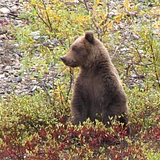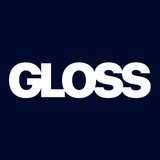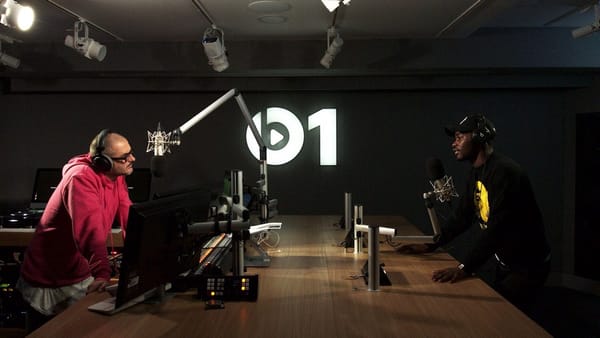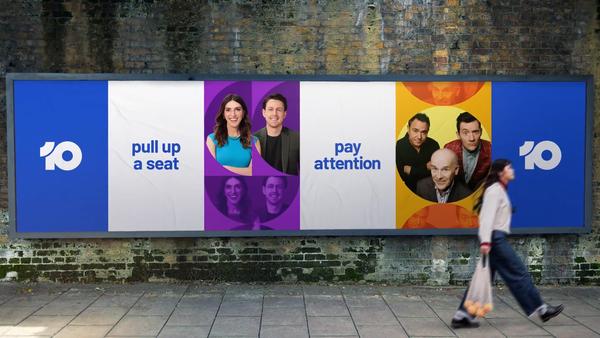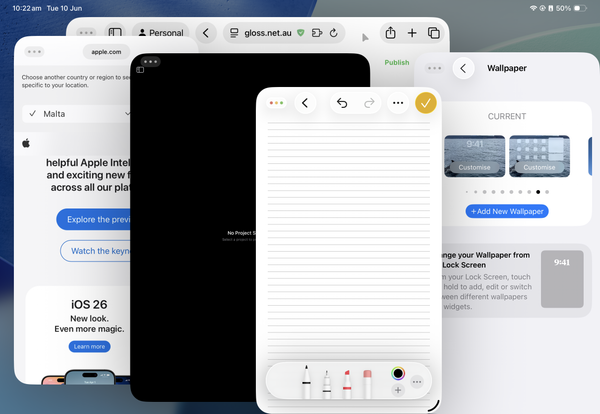The Awl, as well as sister website The Hairpin, to close
A fatal platform transition The Awl, founded in 2009 by former Gawker writers Choire Sicha (now at the New York Times) and Alex Balk, alongside David Cho, is closing: Notable writers include Matt Buchanan, now an editor at Vox…
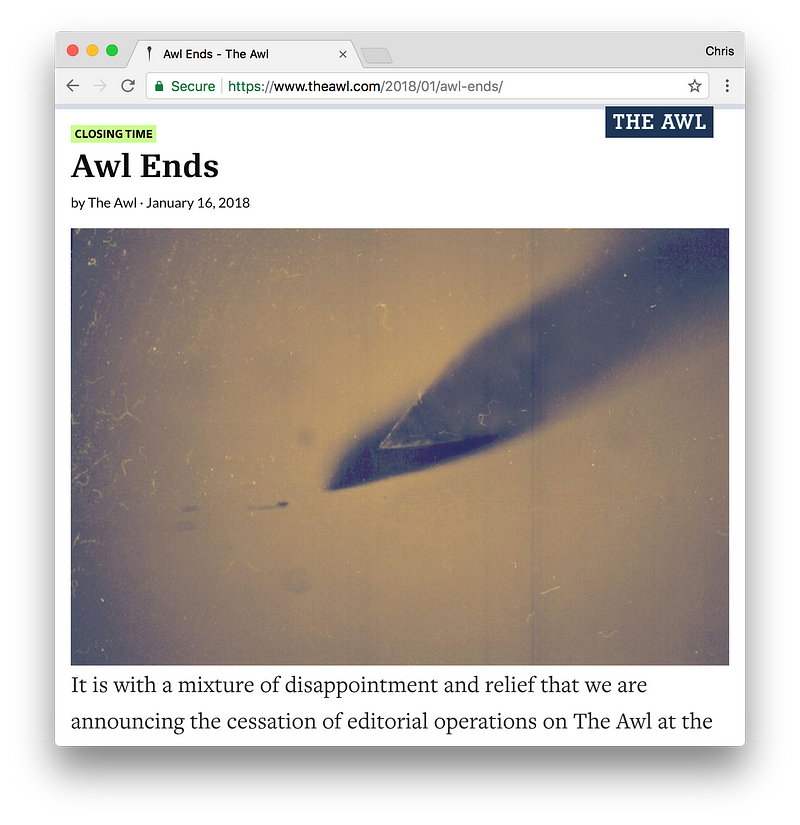
The Awl, founded in 2009 by former Gawker writers Choire Sicha (now at the New York Times) and Alex Balk, alongside David Cho, is closing:
It is with a mixture of disappointment and relief that we are announcing the cessation of editorial operations on The Awl at the end of this month. For nearly a decade we followed a dream of building a better Internet, and though we did not manage to do that every day we tried very hard and we hope you don’t blame us for how things ultimately turned out. We’re intensely proud of what we managed to accomplish over the years, and while most of the credit goes to an astoundingly talented team of writers and editors, the greatest achievement any site can claim is in the quality and fervor of its audience, and on that score we feel like we were the most successful organization ever. All things reach a natural end, and that end has now come for The Awl, but we could not be more grateful for the way you made us part of your routine and took us into your hearts, so instead of saying goodbye we would just like to say thank you. Yes, you. Thanks.
Notable writers include Matt Buchanan, now an editor at Vox Media’s ‘Eater’, and John Herrman, now at The New York Times.
In May 2016, under the direction of Silvia Killingsworth, the site moved to Medium:
It later left the platform, returning home to a Wordpress foundation in August 2016. At the time Medium founder and CEO Ev Williams said that ad-supported media was “broken”, a move which seemingly blindsided publishers relying on revenue from ads on Medium. Claps, apparently, are a more stable business model, according to Silicon Valley lore and Medium’s recent product changes.
Awl publisher, Michael Macher, told The Verge:
“We’ve always been somewhat intentionally small, and scale has become increasingly important for securing large ad deals. It’s a structural shift with the way media buyers and agencies relate to publishers — and for better or worse less of those dollars are falling to indie publishers.”
[…]
Three months ago, it became apparent the business was no longer viable, Killingsworth said.

